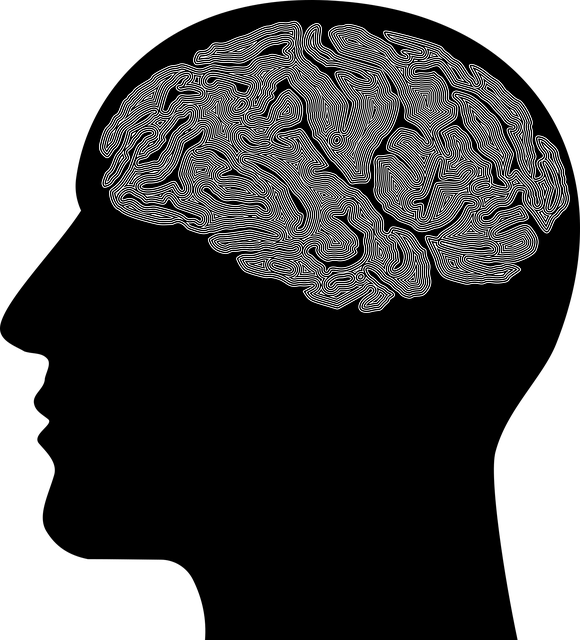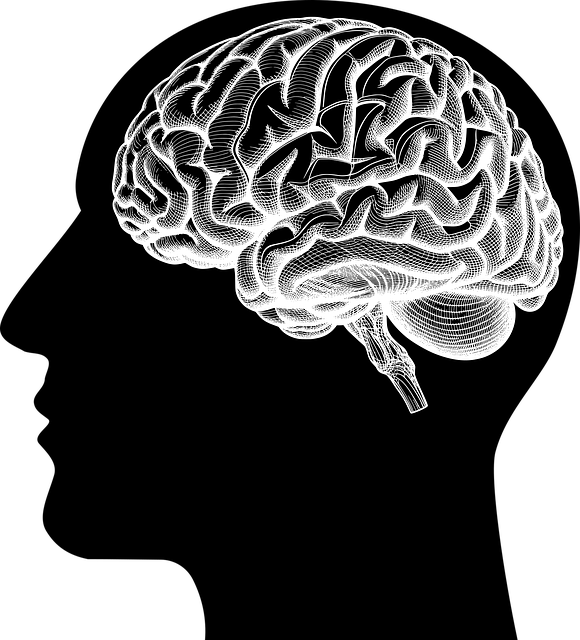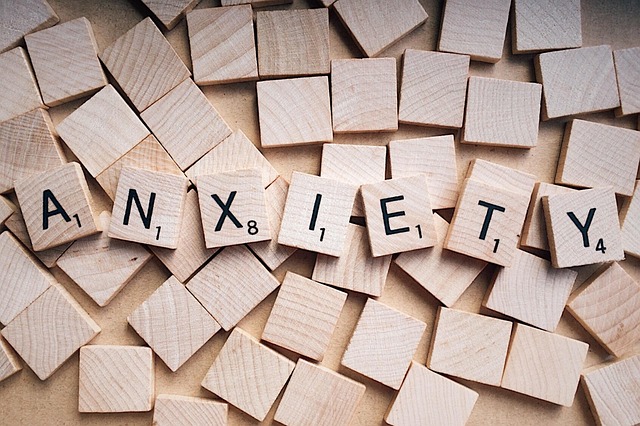In a world facing heightened stress and increased mental health challenges, Aurora Biofeedback Therapy emerges as a revolutionary approach. This tech-driven therapy leverages biofeedback to help individuals manage stress, anxiety, and improve overall mental wellness by understanding their physiological responses. It integrates seamlessly into mental health support systems, offering improved clarity, resilience, and self-esteem. Effective mental wellness apps must incorporate evidence-based practices like Aurora Biofeedback Therapy, positive thinking, and data security measures to create supportive digital environments while adhering to regulations. User feedback is crucial for refining these solutions.
In today’s fast-paced world, mental wellness is more crucial than ever. With an increasing demand for accessible mental health support, the development of mental wellness apps has become a game changer. This article explores the impact of modern life on mental health and introduces Aurora Biofeedback Therapy as an innovative approach. We delve into key considerations for app developers, highlighting features like user privacy, evidence-based practices, and integration of advanced therapies like Aurora Biofeedback Therapy to foster effective digital mental wellness solutions.
- Understanding Mental Wellness and Its Impact on Modern Life
- Exploring Aurora Biofeedback Therapy: A Innovative Approach to Mental Health Support
- Key Considerations for Developing Effective Mental Wellness Apps
Understanding Mental Wellness and Its Impact on Modern Life

In today’s fast-paced and often stressful world, mental wellness has emerged as a paramount concern for individuals across various demographics. Mental health issues, once stigmatized, are now being recognized as a universal challenge that requires proactive addressing. Understanding mental wellness involves comprehending its multifaceted nature—encompassing emotional regulation, resilience, and overall psychological well-being. It’s about recognizing that mental health is not merely the absence of illness but a state of thriving where individuals can navigate life’s complexities with balance and purpose.
The impact of poor mental wellness is profound and far-reaching. From decreased productivity in professional settings to heightened risk of physical ailments, it influences every aspect of modern life. This is where innovative solutions like Aurora Biofeedback Therapy step in, offering a tech-driven approach to emotional regulation. By integrating empathy-building strategies and crisis intervention guidance, these apps aim to equip users with the tools necessary to manage stress, anxiety, and other mental health challenges effectively. They empower individuals to take control of their mental wellness, fostering a sense of balance and overall well-being in an increasingly demanding world.
Exploring Aurora Biofeedback Therapy: A Innovative Approach to Mental Health Support

Aurora Biofeedback Therapy is a groundbreaking approach that leverages the power of biofeedback to support mental wellness. This innovative therapy focuses on helping individuals gain control over their physiological responses, thereby improving self-awareness and promoting inner strength development. By providing real-time data on various bodily functions, Aurora Biofeedback allows users to understand how stress, anxiety, or other emotional states affect their bodies, enabling them to take proactive measures for self-esteem improvement.
Through a series of guided exercises, users can learn to regulate their heart rate, muscle tension, and brain waves, leading to enhanced mental clarity and resilience. These self-awareness exercises not only facilitate stress management but also foster a deeper connection with one’s inner self. By integrating Aurora Biofeedback Therapy into mental health support systems, professionals can offer individuals a more holistic approach to wellness, empowering them to take charge of their emotional well-being.
Key Considerations for Developing Effective Mental Wellness Apps

Developing effective mental wellness apps requires a multifaceted approach, especially considering the sensitive nature of user data and the dynamic landscape of mental health. Key considerations include integrating evidence-based practices such as Aurora Biofeedback Therapy to promote relaxation and mindfulness. This therapeutic technique, which uses real-time feedback to help users regulate their physiological responses, can significantly enhance app effectiveness.
Additionally, incorporating features that encourage positive thinking and compassion cultivation practices can create a supportive digital environment. However, developers must also prioritize robust risk management planning for mental health professionals, ensuring data security and privacy while adhering to regulatory guidelines. A thorough understanding of the target audience’s needs, coupled with ongoing user feedback mechanisms, is crucial for refining apps and delivering valuable mental wellness solutions.
The development of mental wellness apps, such as Aurora Biofeedback Therapy, represents a promising step forward in addressing modern life’s psychological challenges. By leveraging innovative technologies, these applications offer accessible and personalized support for improving mental health. With careful consideration of user needs and evidence-based practices, developers can create effective tools that enhance overall well-being. The future of mental wellness lies in the integration of cutting-edge therapies like Aurora Biofeedback into everyday digital experiences, making mental healthcare more inclusive and impactful.











